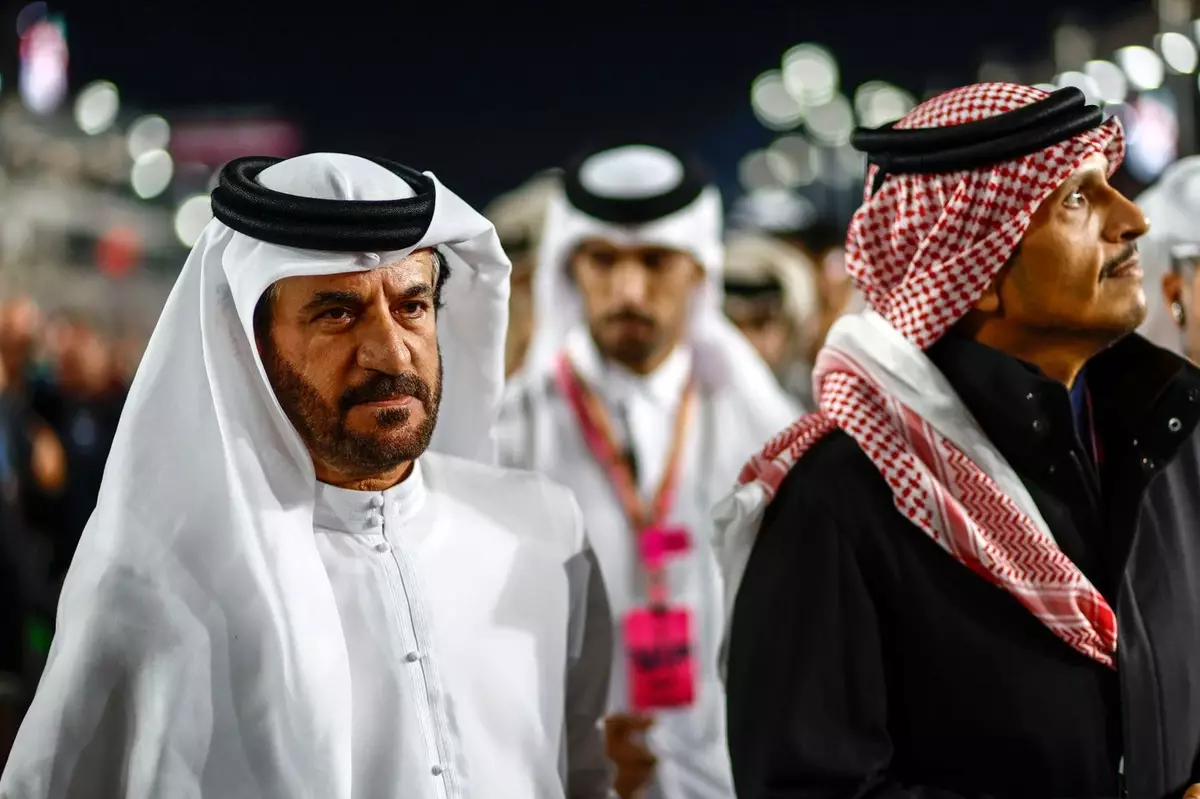The recent announcements made by the Fédération Internationale de l’Automobile (FIA) have stirred considerable debate within the motorsport community. During the General Assembly held in Rwanda, the FIA made significant amendments to its statutes, particularly affecting the roles of its ethics and audit committees. These changes raise concerns about accountability and transparency within the governing body of motorsport, prompting a thorough analysis of the implications.
At the heart of the FIA’s reform is a fundamental shift in the distribution of power between the president and the committees designed to oversee ethical and financial matters. The new regulations effectively enhance the president’s authority while limiting the autonomy of both the ethics and audit committees. Previously, the ethics committee had a degree of independence, reporting directly to the FIA president. Now, it must also answer to the president of the FIA Senate. While this might seem like an effort to bolster oversight, it paradoxically dilutes the independence that an ethics committee requires to function effectively.
One of the primary justifications for these changes is the alleged “constant leaks” of sensitive information to the media. While the intention to protect confidentiality is commendable, the measures taken to restrict information flow can also serve to stifle transparency and breed mistrust. A governing body that operates behind closed doors is more susceptible to accusations of misconduct. Warfare with the media may also detract from its core mission — ensuring integrity within motorsport.
A Narrower Path for Investigation
The modifications to the audit committee further illustrate a concerning trend towards reduced accountability. The new framework states that the audit committee can only investigate when explicitly requested by the president of the senate. This creates a scenario where the audit committee could become a mere extension of the senate’s will rather than an independent entity empowered to scrutinize financial actions.
This is especially alarming given the FIA’s past challenges with financial management fluctuating from deficits of €24 million in 2021 to a projected operating profit of €2.2 million in 2024. While the latter is a commendable turnaround, it raises questions about prior governance and oversight. With the ability to investigate and advise so tightly controlled, there is a genuine risk that issues could be swept under the rug.
Feedback from the Motorsport Community
The response from senior figures within the motorsport community has been overwhelmingly critical. Notable personalities, including David Richards from the UK’s World Motor Sport Council and Oliver Schmerold from Austria’s motorsport federation, have raised alarms that these changes effectively allow FIA leadership to evade accountability for poor governance. Their concerns echo a broader sentiment that without a robust system of checks and balances, the FIA risks undermining its credibility and the integrity of the entire sport.
It is vital that such radical changes not only strive for efficiency but also ensure a foundation of accountability. A governing body that is isolated from scrutiny is a precursor to an organization that fails to uphold its ethical responsibilities.
Despite the concerning nature of these governance changes, it’s worth acknowledging the FIA’s reported improvement in its financial standing. President Mohammed Ben Sulayem emphasized the group’s efforts to reform governance and stabilize finances, which had been in a precarious state in previous years. This perspective offers a glimmer of hope, suggesting that while the FIA’s operational model may have been flawed, its capacity for evolution is still present.
However, the success of financial rehabilitation should not overshadow the potential dangers posed by a lack of oversight. The federation’s financial stability needs to be accompanied by a restored commitment to transparency so that the gains achieved do not come at the cost of the integrity it was purportedly designed to protect.
While the FIA’s recent reforms may promise improved financial health, they concurrently risk diminishing accountability and transparency within the organization. The balance of power has shifted in a manner that gestures toward governance without oversight, a strategy that could undermine the very principles of ethical conduct the FIA seeks to promote. It remains to be seen whether the FIA will adapt its approach in response to these criticisms or persist down a path that may lead to greater scrutiny and suspicion from the motorsport community. The future of the FIA hinges not only on financial recovery but also on reaffirming its commitment to the governance principles that are crucial to the integrity of motorsport as a whole.


Leave a Reply